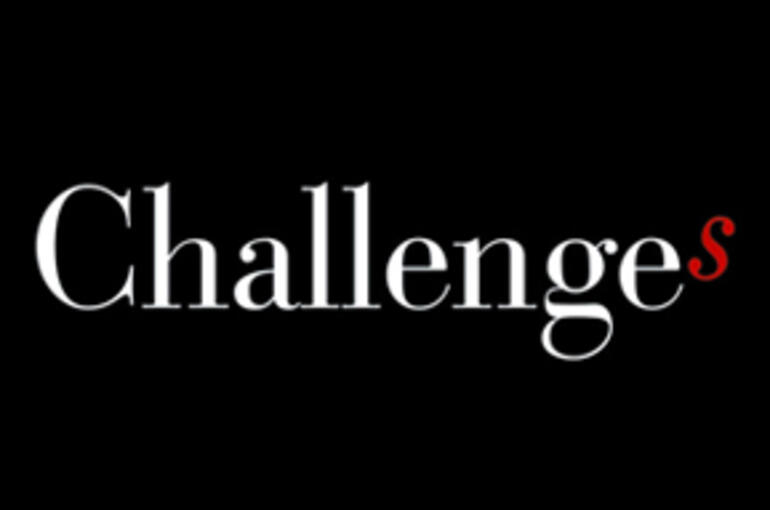- FR
- EN
Mother Nature strikes hard! - Editorial for Challenges by Denis Kessler
Chairman & CEO of SCOR, Denis Kessler publishes an editorial piece in the French weekly Challenges, covering economic, political and financial current events in France and worldwide.

Nature is imperfect. The earth trembles, rivers overflow their banks, winds whirl into storms. Major natural catastrophes – “Acts of God” in the insurance industry – punctuate human history and have left profound marks on our collective consciousness. The Old Testament reads like a reinsurance treaty. Every type of catastrophe is covered: the eruption of Santorini, the Red Sea tsunami, the earthquake in Jericho, the Flood. When Aeolus unleashes his fury, we christen the resulting hurricanes with names usually reserved for people. It’s a strange tradition to associate people’s names with horrific images of destruction and despair: Andrew, Lothar, Katrina, Sandy… and now Harvey and Irma.
Natural catastrophes still make us ask fundamental questions about the nature of Nature. Of course, science furnishes explanations, but it cannot dispel the incomprehension people feel in the face of such devastation, which they view as a curse.
More and more, people are feeling their share of responsibility for changes in the natural world. But it is not enough just to recognise the origin of the changes in Mother Nature. We must take serious action to prevent our planet from becoming inhospitable and a source of anxiety. The problem is global, and the solution must be global. We can clearly see the obstacles that stand in the way of making Nature a global common good.
Natural catastrophes remain the principal cause of destruction, way ahead of technological catastrophes (Acts of Man), wars or terrorism (Acts of the Devil). What is striking is that human habitation and wealth have become concentrated in the riskiest areas: coastlines, the slopes of volcanoes, riverbanks, earthquake-prone regions, and so on. Rampant urbanisation has been amplifying the consequences of these catastrophes, as exemplified by the devastation Harvey has caused in Houston. The insured cost of natural catastrophes – USD 45 billion per year on average – is more than six times greater than that of accidents of human origin. Their total cost is much greater still, because only a fraction of people and their property are insured. Moreover, the additional impact on economic growth is felt for several years after the event. The figure of 45 billion should be quadrupled at least.
Faced with a situation whose economic, social and political consequences are potentially explosive, what can we do? We must first do everything we can to combat the warming effect that is driving climate change. We must also better integrate these risks into our urban planning, our infrastructure and our construction techniques. The implementation of concrete action is everyone’s concern and should be happening at a supranational, national and regional level, as well as at the level of cities, companies and individuals. Lastly, we must develop the mechanisms for preventing, managing and transferring risk, so as to compensate communities and ensure the reconstruction of disaster-stricken regions, particularly in emerging market countries where insurance is very often lacking. Public-private partnerships also have a role to play, as does the reinsurance market through the global pooling of risks. Only the reinsurance market can absorb these major shocks created by Mother Nature’s increasingly agitated, violent behaviour.